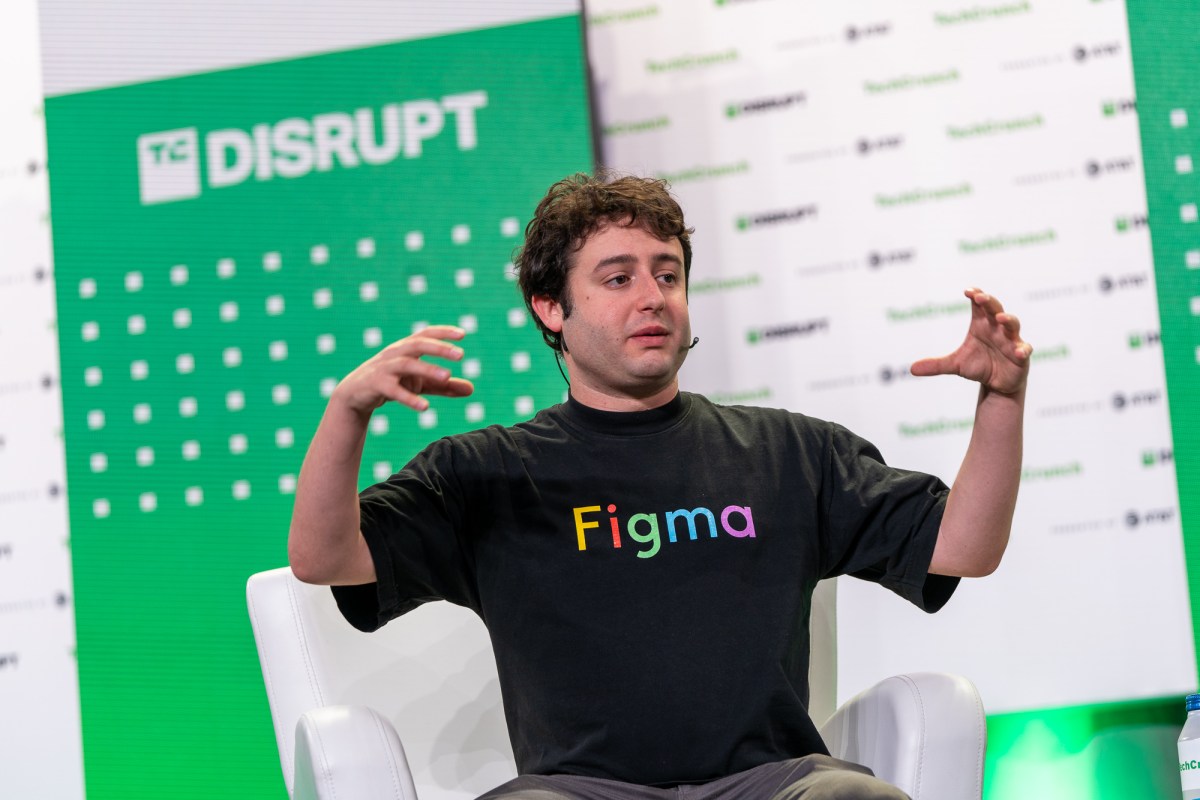Congress asks Meta, TikTok, YouTube and Twitter to archive evidence of Russian war crimes – TechCrunch
Four U.S. representatives signed letters to the CEOs of Meta, TikTok, YouTube and Twitter urging them to archive any content uploaded to their platforms that could be used as evidence of Russian war crimes.
As TikTok booms in popularity and surpasses 1 billion users, the rise of short form video has offered unprecedented access to live footage from war zones — not to mention that Meta, YouTube and Twitter continue to capture our attention, too. These members of congress — Representatives Carolyn Maloney (D-NY), Gregory Meeks (D-NY), Stephen Lynch (D-MA) and William Keating (D-MA) — think that social media uploads can be instrumental in holding the perpetrators of human rights violations accountable.
Graphic wartime videos are often removed from social platforms, since they can violate terms of service that prohibit violent content. But according to a Human Rights Watch (HRW) report, which is cited in these letters to CEOs, it’s not clear what happens to these videos once they’re removed from the public-facing apps. Facebook, for example, says it keeps deleted data for at least 90 days, but Facebook told the HRW that it sometimes retains data for longer when requested by law enforcement.
“We are concerned that social media platforms […] do not have adequate procedures in place to archive this content so that it can be made available to international organizations conducting investigations into allegations of war crimes and other atrocities,” the representatives’ statement reads.
In particular, the four representatives are calling on these platforms to preserve and archive potentially useful content for an extended period of time; coordinate with international human rights organizations to develop a legal, established way to share such content; increase transparency around AI-based content moderation systems and how they interface with war content; and, creating a way for users to flag content that they think might contain evidence of war crimes.
“Photos, videos and other content posted on social media have increasingly supported accountability processes, including judicial proceedings, for serious international crimes, both at the national and international level,” the HRW report explains. The HRW states that there have been at least ten cases in Germany, Finland, the Netherlands and Sweden where people involved in war crimes in Iraq and Syria have been persecuted using evidence from social media posts.
Though this evidence can aid international legal systems, these bodies will also have to be careful not to fall prey to misinformation, which may be used to facilitate a wrongful conviction. Since Russia’s invasion of Ukraine in February, there have been many instances of fake videos going viral on social media, like video game footage that’s presented as though it were filmed on the ground in Ukraine.
TechCrunch has reached out to Meta, TikTok, YouTube and Twitter for comment. We will update this post with any response.






